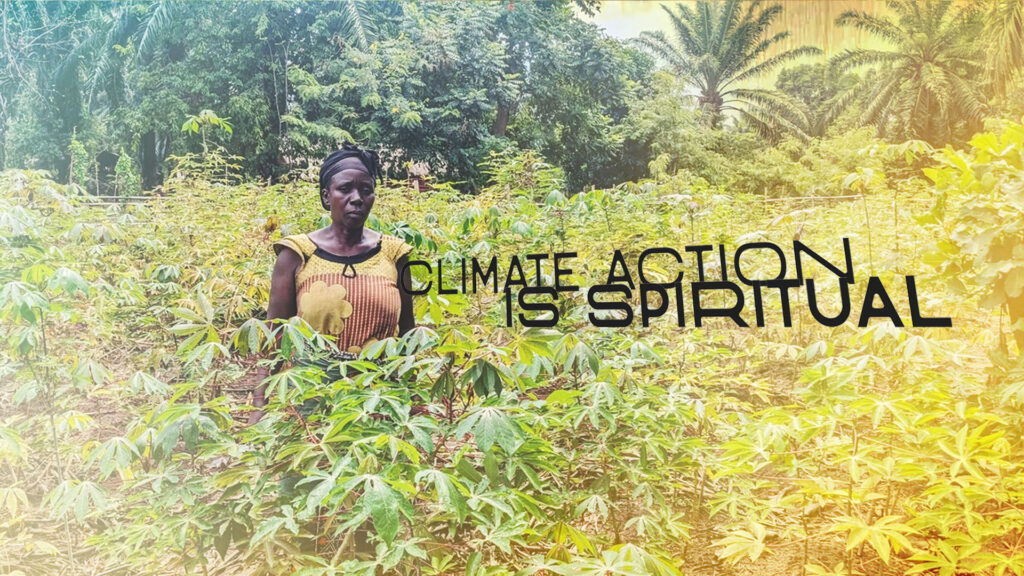For decades, the climate movement and environmental action has largely been shaped by technical, policy-driven, or economic responses. And while these are vital, they often overlook the role of worldview, spiritual belief, and community values, especially in regions where faith is central to daily life.
Nowhere is this more true than in the Global South, the region most vulnerable to climate change and also home to the world’s most deeply spiritual communities.
In places like Haiti, Burundi, the Democratic Republic of the Congo, and Mexico, many people do not readily separate their care for creation from their relationship with the Creator. Environmental action is not a trend. It is an act of worship, stewardship, and justice.
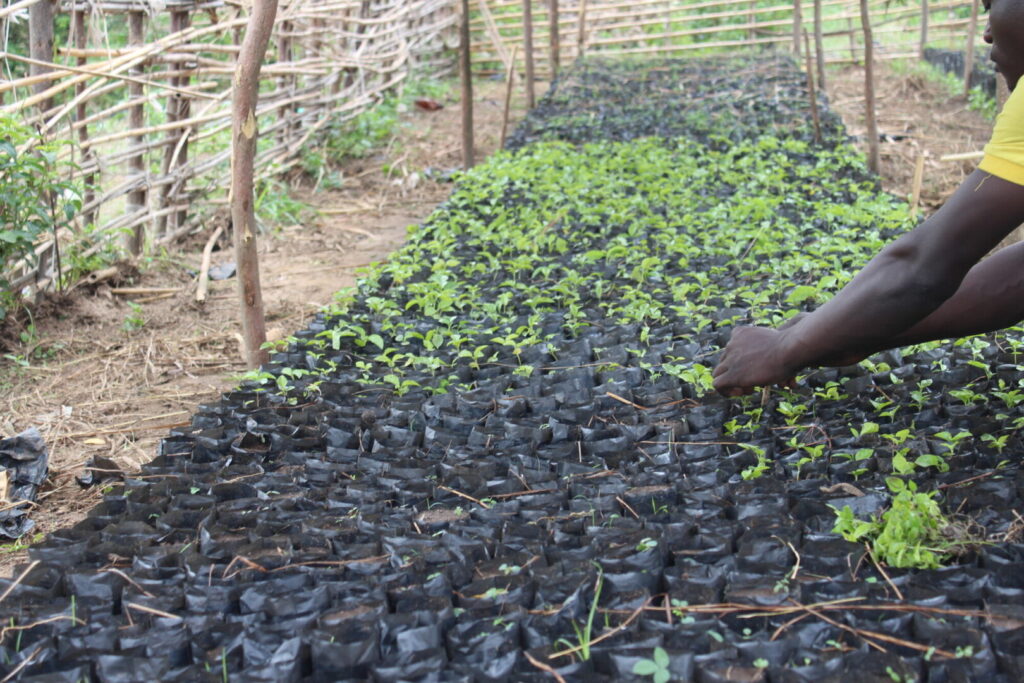
“Nature has taught me a lot of things about God,” explains Jean, a farmer in Haiti and participant in a Plant With Purpose Group. “When I look at all the components of the environment, I really understand that only God could be the creator. God provides us all with the basic things we need to live. He gives air to breathe, water to drink, land to cultivate, and so forth.”
Religious life continues to shape social structures, decision-making, and cultural values in the Global South. Communities turn to faith to understand the world around them, including climate change.
When droughts deepen or floods destroy harvests, these aren’t just environmental phenomena. They are spiritual concerns, demanding a response rooted in belief and care for one’s neighbor.
“Rains do not fall at the same frequency as before,” Jean notes. “This affects crop calendars and also crop yields in our farms.”
This shifting climate reality has a direct impact on daily survival. But it also prompts deeper spiritual reflection. For people like Jean, restoring the land and taking environmental action is more than a practical solution.
“Taking care of nature is really a way to praise God for his mercy,” he says.
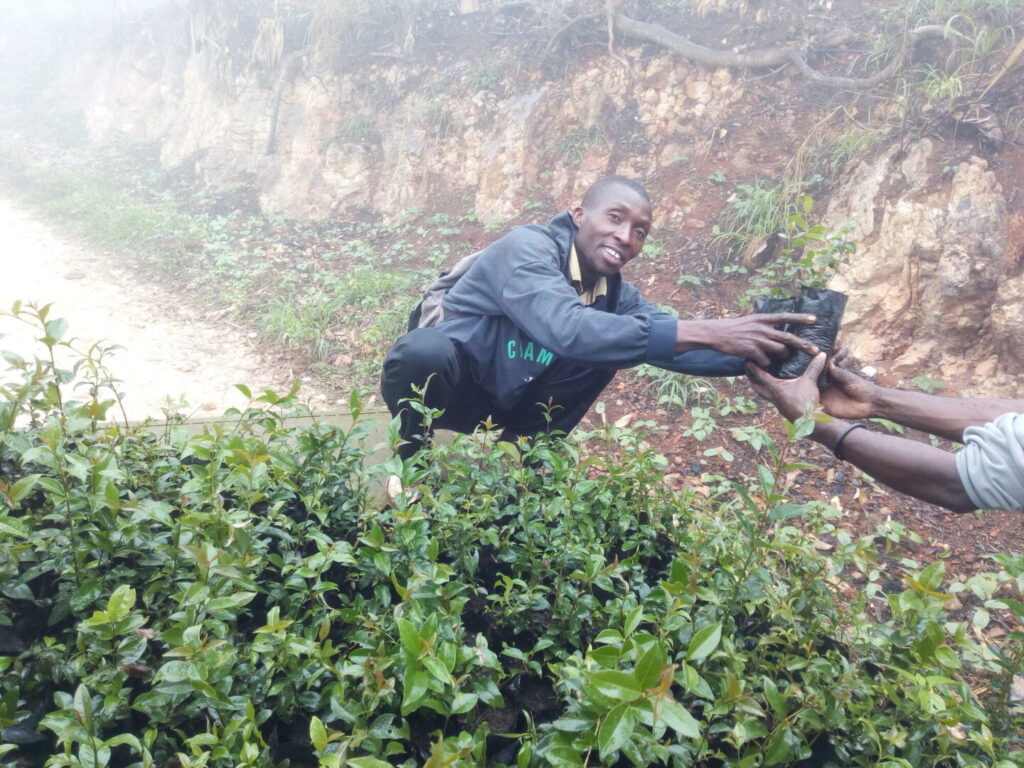
Around the world, a new generation of Christian environmentalists are rising to meet the moment. Leaders like Vanessa Nakate from Uganda are becoming global voices, not only for climate policy but for climate justice.
Nakate, a devout Christian, often speaks about the connection between her faith and her environmental advocacy. She has called out the inequalities that leave African nations bearing the brunt of climate impacts while contributing least to the crisis. And she consistently urges international leaders to include the voices of those from the Global South, especially young women of faith.
Her work is a clear reminder: climate justice is inseparable from faith, equity, and inclusion.
Faith-based climate action isn’t about branding or symbolism. It’s about sustained, meaningful transformation rooted in values and community. At Plant With Purpose, this looks like:
Equipping Purpose Groups to restore their land while growing spiritually and economically; planting trees as a form of worship, protection, and future-building; promoting regenerative farming practices in a way that affirms the connection between people, place, and purpose; and strengthening churches as centers of environmental stewardship.
In Jean’s village in Haiti, this means farmers learn how to terrace hillsides and plant living fences to prevent erosion. But they also gather in prayer, reflect on the Psalms, and talk about their God-given role as caretakers of creation.
As Jean puts it, “When people plant trees, they participate in creation, not just preserving what God made, but co-creating a flourishing future.”
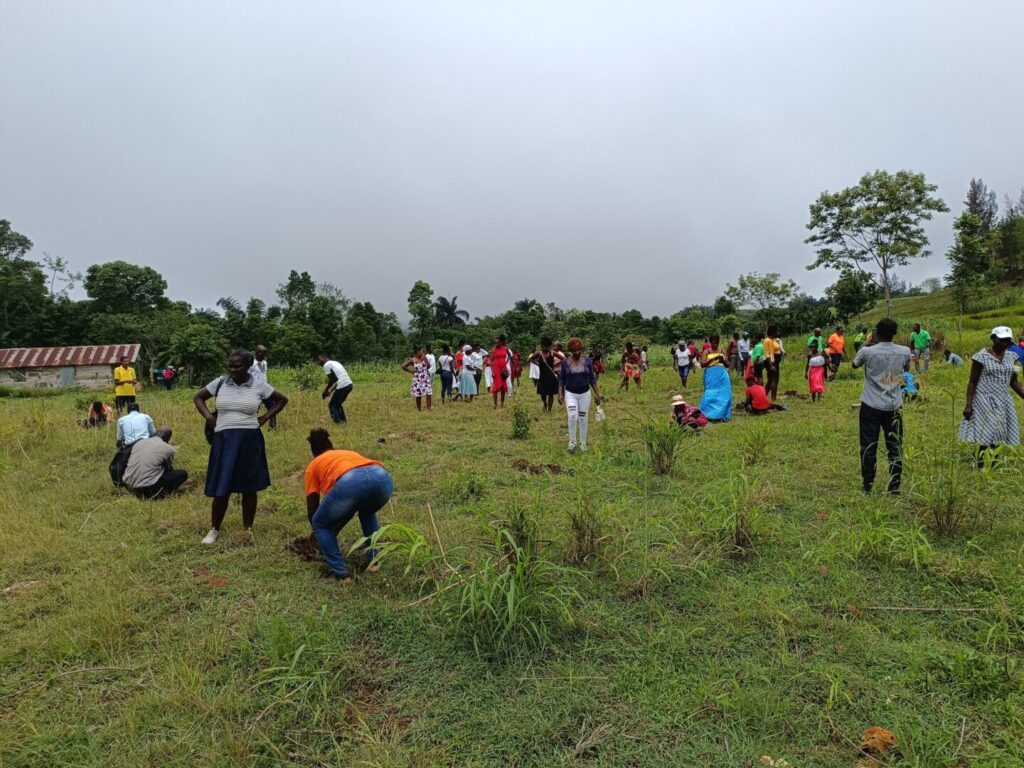
One of the greatest strengths of faith-rooted climate work is its long-term perspective. Many governments and institutions operate on short election cycles or immediate profit margins. Faith communities think in generations.
They ask, What kind of Earth will our grandchildren inherit? How are we called to love our neighbor through the way we treat the soil, the air, and the water? What does the Kingdom of God look like in the midst of ecological crisis?
This long view is vital. Climate change won’t be solved in five years. It requires deep-rooted change, sustained hope, and the moral courage to act even when results take time.
Faith-based organizations also act as trusted bridges between international movements and local realities. In communities where outside institutions are met with skepticism, the church may hold generational trust.
This trust enables important messages about conservation, restoration, and adaptation to be heard, received, and acted on. In some cases, sermons may be the most effective form of environmental education.
When faith leaders model and preach environmental responsibility, the impact is profound, not just on behavior, but on belief.
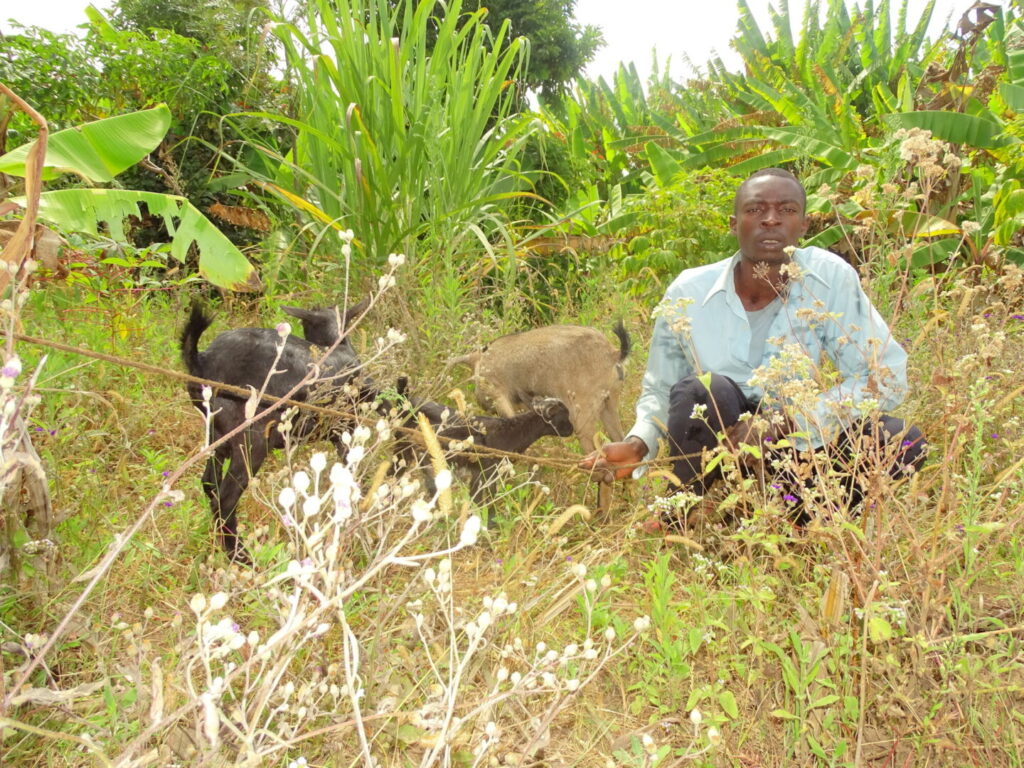
As climate change intensifies, faith-based approaches will be essential to any serious plan for climate justice. That means:
- Funding local, faith-rooted environmental action efforts
- Listening to and elevating Christian environmental leaders from the Global South
- Developing a theological framework around climate action
- Partnering with organizations that address environmental, economic, and spiritual needs together
The solutions to the climate crisis will not come from science alone. They will come from soil and scripture, from pastors and farmers, from prayers and policy.
They will come from people like Jean who see a tree not just as a carbon sink, but as a sacred symbol of God’s provision.
If we hope to meet the greatest challenge of our time, we need the courage and clarity that faith brings. We need the deep roots that hold communities together through crisis. We need leaders like Vanessa Nakate, like Jean in Haiti, and like countless unsung pastors and planters who are already healing the land.
We need faith, not as an afterthought, but as a foundation.
And we need to act now.
Because to love creation is to love its Creator. And to love our neighbor is to fight for their future.

